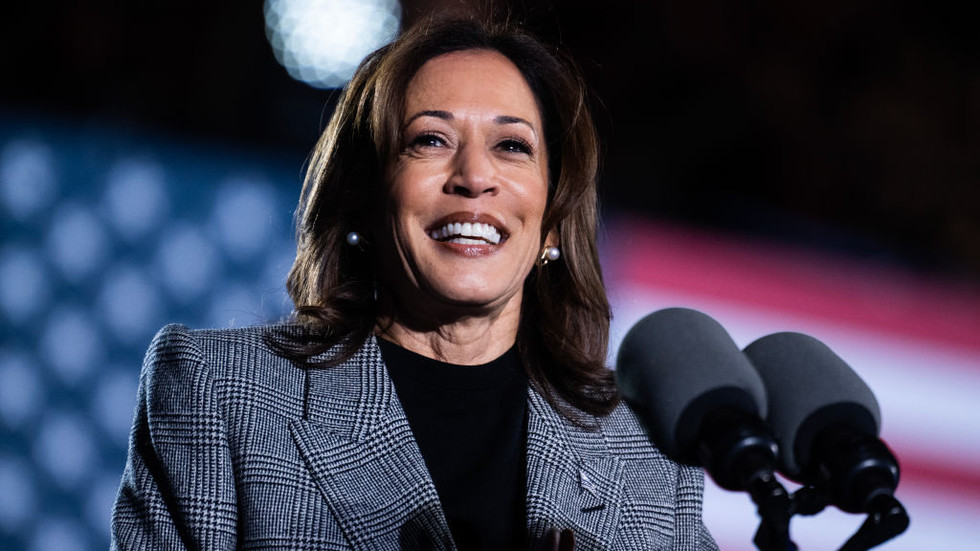During a recent campaign rally in Ann Arbor, Michigan, Vice President Kamala Harris faced an unexpected moment of silence from her supporters when she encouraged them to chant their own names. The rally initially started lively, with the crowd enthusiastically chanting her name. However, when Harris transitioned to asking attendees to shout their own names, the atmosphere shifted drastically, leaving her audience momentarily confused and silent. The awkward pause drew laughter from Harris herself, who attempted to recover by emphasizing the collective nature of the campaign, stating, “because it’s about all of us.” This incident quickly caught the attention of social media, where many critics mocked her for what they considered a “cringe” moment.
Responses to Harris’ comments revealed deeper frustrations tied to her perceived disconnect with the public. Supporters of former President Donald Trump, her opponent in the upcoming election, especially capitalized on the moment to ridicule her political instincts. Comments across social platforms branded her as lacking authenticity and connection, with some remarking on her problematic public speaking skills. This reaction was not isolated to just one event; throughout her campaign, Harris has faced scrutiny over moments such as changing her accents during speeches, faltering when her teleprompter malfunctioned, and delivering repetitive messages at multiple rallies. Critics have noted these experiences contribute to an ongoing narrative questioning her viability as a candidate.
In the landscape of American politics where charisma and relatability are crucial, Harris finds herself grappling with perceptions of her public presence. While her supporters rallied enthusiastically for her, moments like the silence that followed her call for chants suggest an underlying struggle to maintain engagement with the audience. This contrasts sharply with some established figures in politics, like Trump, who, despite experiencing their own lapses, have a longer track record of connecting with supporters. For example, Trump’s recent Pennsylvania event featured a prolonged intermission for music, which earned him criticism but also kept the audience engaged in a different manner than Harris’ quiet moment.
Despite Harris experiencing criticism and ridicule, the political climate is notably competitive as both she and Trump intensify their campaigning efforts in key swing states. With the election just a week away, both candidates are focused on gaining traction in Michigan, Pennsylvania, and Wisconsin. These states are critical to their prospects for success on election day, and recent polling indicates a narrow lead for Trump, complicating Harris’ bid for the presidency. According to an average from RealClearPolitics, Trump leads Harris by just 0.1% nationwide, underscoring the razor-thin margins that could define the outcome of the election.
As the campaign continues to unfold, perceptions of candidate performance are crucial. The incident at the Michigan rally serves as a microcosm of the challenges Harris faces in appealing to voters. Social media has become a heightened battleground for political discourse, where moments like her silence can amplify criticism and influence public perception in real-time. Voter sentiment can be volatile, shaping opinions based on a candidate’s ability to resonate with their audience in a highly scrutinized environment. Harris’ struggles with public speaking and audience engagement may undermine her campaign as she navigates the final stretch of the election cycle.
Ultimately, the challenges faced by Kamala Harris during this campaign highlight broader themes in American political dynamics, where even seasoned politicians are prone to missteps that can impact their electoral viability. As she continues to campaign alongside Trump, a seasoned communicator, the scrutiny of her performances will remain intensified. The rally incident may serve as a crucial moment shaping voter perceptions, and it underscores the importance of connection and authenticity in modern politics as both candidates vie for the support of a divided electorate. The outcome in the upcoming election remains uncertain, but both candidates are aware that every speech and every moment can make a significant difference in the race for the presidency.

